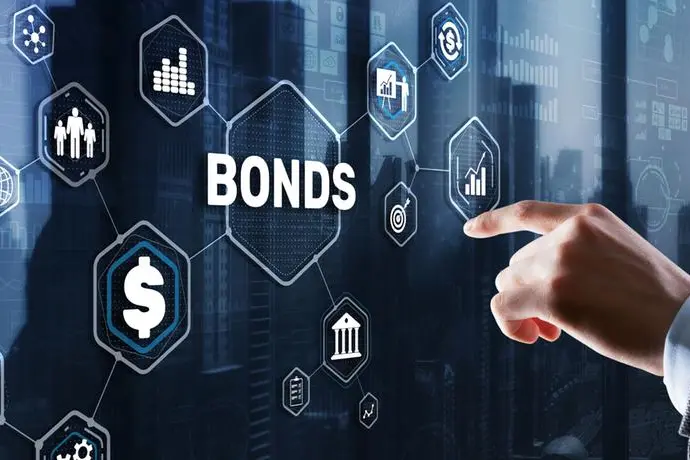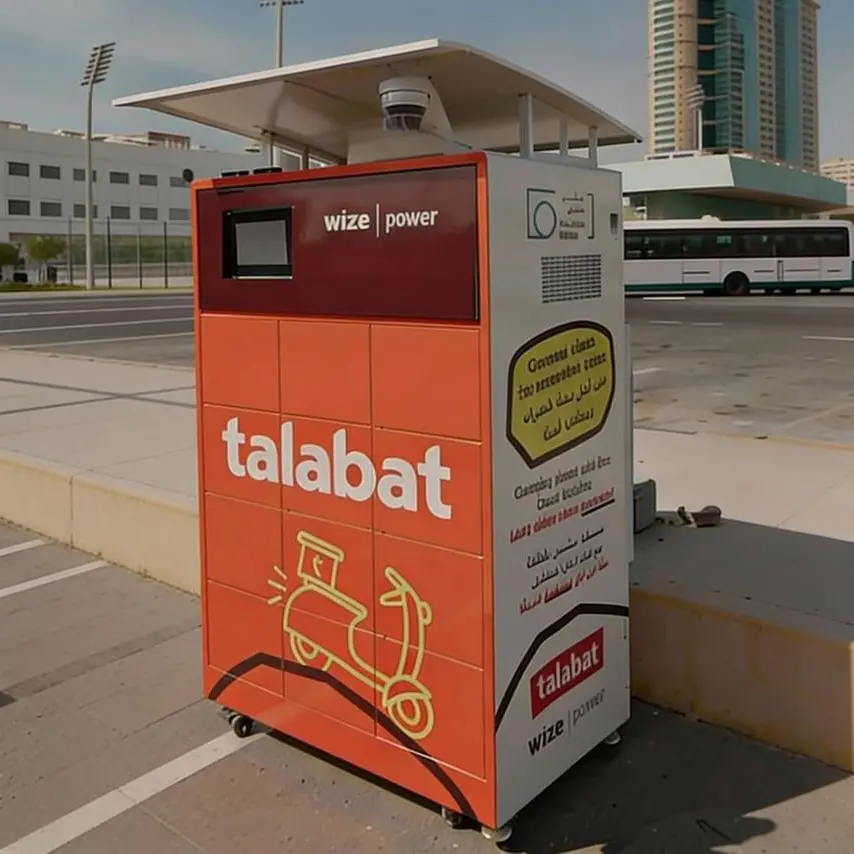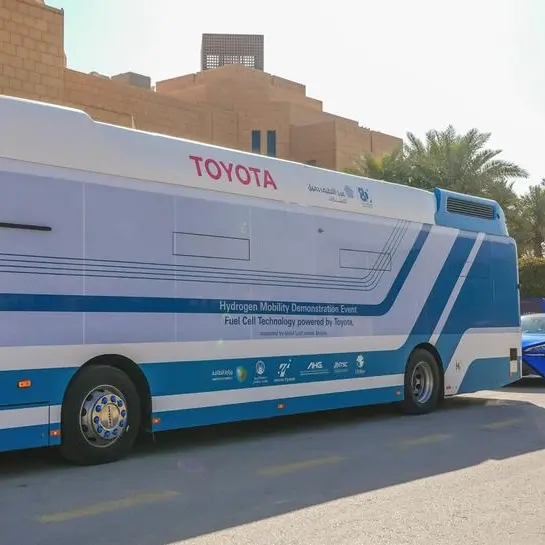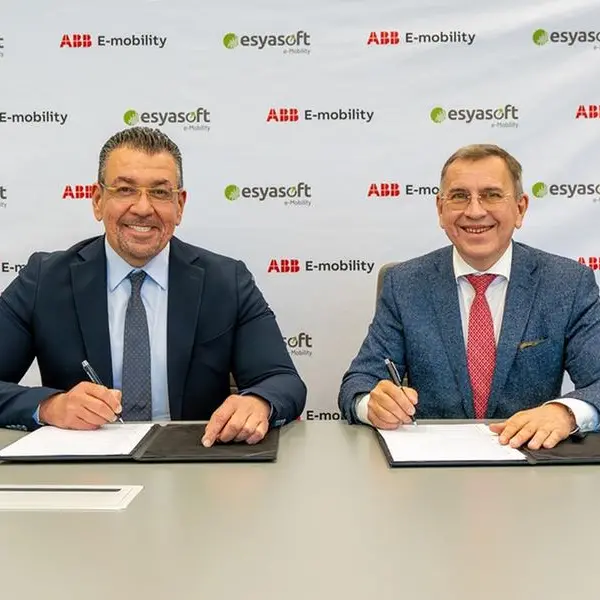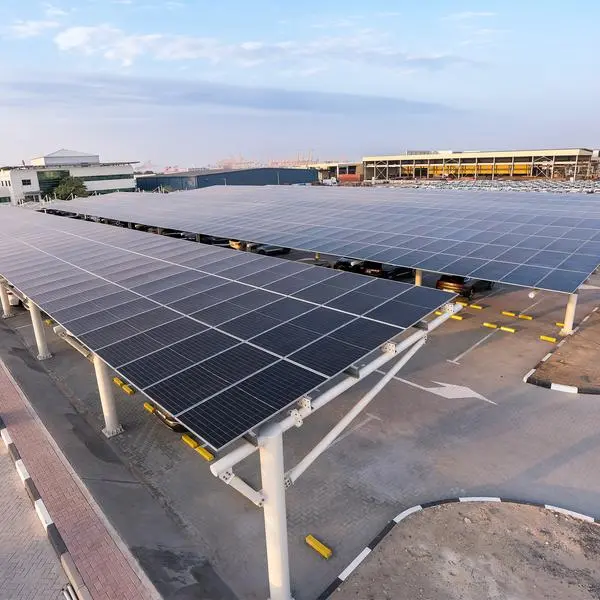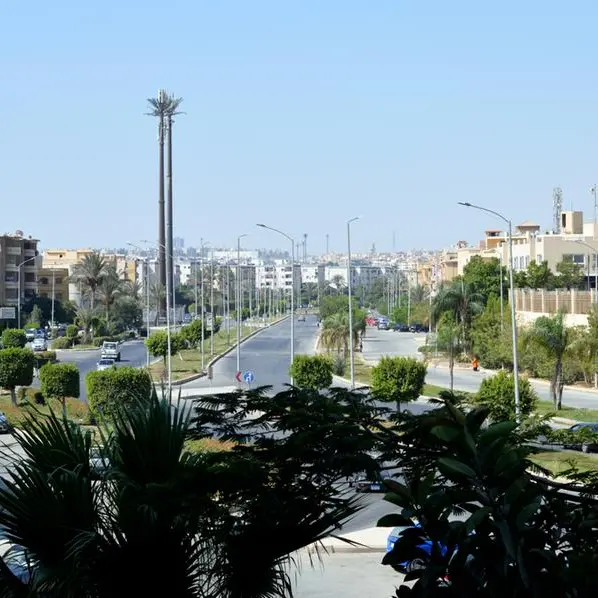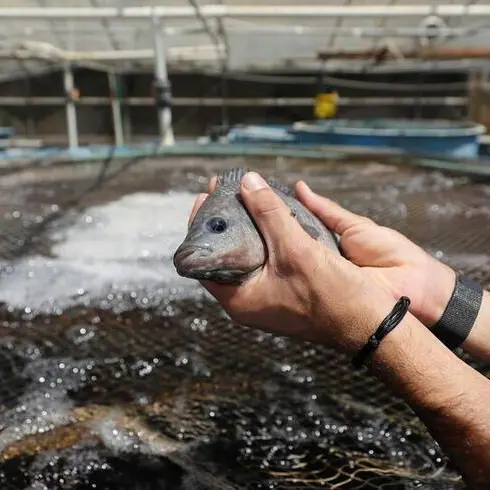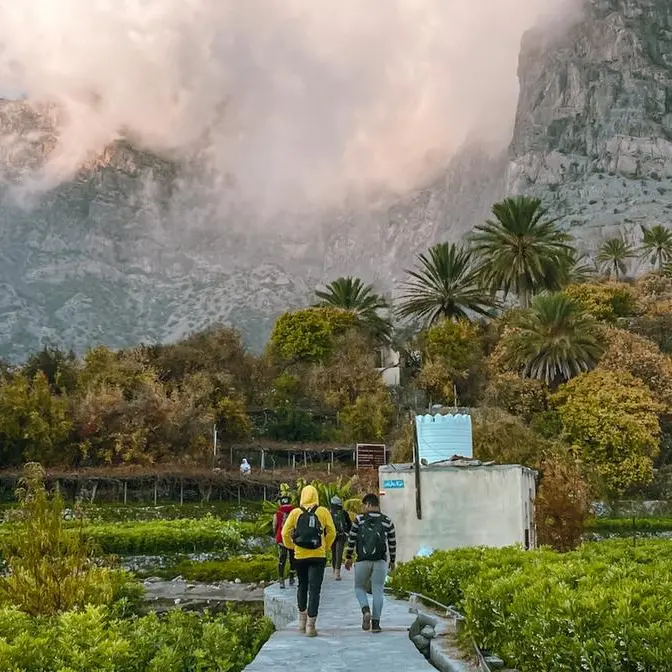PHOTO
Masdar’s starting levels look tight to some investors. However, the strong ESG angle to the company and the green use of proceeds is helping to encourage demand.
Masdar (A2/-/AA-) announced US$500m no-grow five-year and US$500m no-grow 10-year Reg S green bonds at IPTs of 130bp-135bp and 140bp-145bp on Thursday morning.
“It’s a good issuer for green or climate orientated funds, although I am not overly excited about pricing,” an investor said.
The purpose of the state-owned utility is to develop and operate renewable energy projects. Around 96% of Masdar is indirectly owned by the government of Abu Dhabi, with TAQA holding a 43% stake, Mubadala 33% and ADNOC 24%
Masdar has allocated more than US$653m of the proceeds from its inaugural bond issue – a US$750m 4.875% July 2033 green bond priced in June 2023 – to eligible projects. The skew of allocations has been towards solar, wind and energy storage projects in Uzbekistan. Solar power projects have also been funded in Azerbaijan and the UAE.
Fair value for the new issue is not a straightforward calculation. The trading level of those existing bonds relative to Mubadala and TAQA should be taken into account, leads have said.
“There’s a bit of dislocation between where the Masdar bond trades versus Mubadala and TAQA,” a lead banker said. “You could argue that the pickup that Masdar offers to them is too big.”
The Masdar June 2033s are quoted at a G-spread of 111bp, according to LSEG data. Mubadala’s US$1bn 4.375% November 2033s are at 90bp and TAQA’s US$1bn 4.696% April 2033s are at 77bp.
Books for the Masdar trade are north of US$3bn, of which US$250m is lead manager interest.
There is also an ESG issue out from the UAE’s banking sector. Rakbank (Baa1/-/BBB+) was out with a US dollar benchmark five-year Reg S social bond at IPTs of 170bp over Treasuries. Excluding lead interest, books have topped US$1.4bn, allowing bookrunners to cut the spread to 135bp.
The trade marks the first social bond from a Middle East bank, as well as the issuer’s first US dollar bond in five years
Rakbank does a significant amount of lending to small and medium sized businesses and a social bond framework fitted well with this part of the bank’s lending, a banker close to the deal said. Through the issuance of social bonds, Rakbank will fund projects related to access to healthcare and employment generation.
The lead saw fair value for the new Rakbank trade at around 130bp-135bp, using comparables including Doha Bank and Commercial Bank of Qatar.
Away from the Middle East, there are two other CEEMEA deals out on Thursday. The water and renewable energy company Georgia Global Utilities (BB-/BB-) has announced IPTs for a US$300m no-grow five-year non-call two-year Reg S/144A senior unsecured green bond.
Books opened at a yield of around 9%-9.25%. It’s a tricky time for Georgian credits. Widespread protests in May against what was termed a ‘foreign agents law’, which was perceived by some as a means of stifling opposition to the government, and upcoming parliamentary elections due to be held in October, mean that some investors see significant headline risk around the space.
“We’d prefer to look again at these types of deals next year,” a second investor said. For a third investor, the Georgian government’s apparent increasing closeness to Russia, or at least its shift away from the West, was reason enough not to engage with the new issue.
Still, other fund managers were more than happy to take a look, but having been involved in Georgian bank issuance earlier in the year, it limits their capacity to participate. “We already own the AT1s so it’s difficult justifying participating in this new one,” the first investor said.
Bank of Georgia and TBC Bank each issued Additional Tier 1 bonds in April.
Although Georgia Global Utilities has issued before – in 2020 it priced US$250m 7.75% July 2025 green bonds – those notes were called in 2022.
There is also a debut issue from Turkey’s Limak in the market. The cement maker (B3/-/B+) is marketing a US dollar five-year non-call two-year Reg S/144A senior unsecured, having announced IPTs of a yield in the high 9% area.
On Tuesday, Turkish steel manufacture Erdemir priced its inaugural bond, a US$750m 8.375% July 2029, at a 8.625% yield. Investors said that they would expect Limak to offer a consider premium to Erdemir given its links to the highly cyclical construction sector and its high level of exposure to the Turkish economy.
That direct exposure to the Turkish economy, however, does make it appealing to some.
“It looks as though it could be a good credit to know about if it provides a fairly direct way of expressing a view on the Turkish macro situation,” the first investor said.
Away from primary issuance, Ukraine’s debt restructuring is back in the headlines. The country’s parliament passed a law on Thursday allowing the government to suspend foreign debt payments, just as it resumed formal talks with bondholders to restructure some US$20bn of debt, Reuters reports.
Ukraine, now into its 29th month of war with invading Russian forces, is in the middle of an unprecedented push to restructure its bond debts before a payment moratorium expires on August 1.
Also on Thursday, three sources told Reuters that bondholders and the government had entered a second round of formal talks to restructure the debt. The first round of formal talks concluded last month without a deal - and with a sizeable gap between the government proposal and what bondholders had outlined.
Sudip Roy: sudip.roy@lseg.com
Edward Clark: edward.clark@lseg.com
Source: IFR
